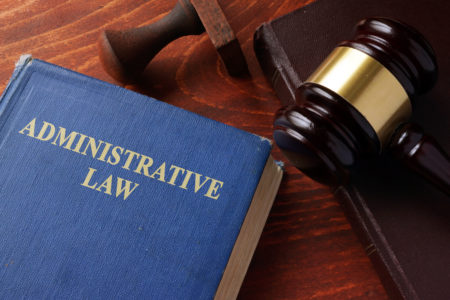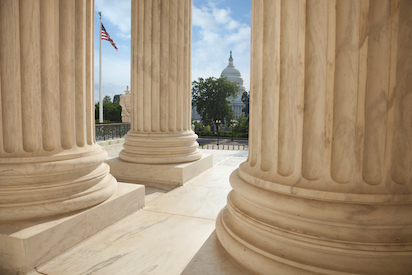
Essay
Hyperlocal Responses to the SALT Deduction Limitation
by Manoj Viswanathan
The Tax Cuts and Jobs Act places a $10,000 limit on the federal deduction for state and local taxes (SALT). Much has been said about state-level responses to this cap, but there has been little analysis of local-level effects or how local governments could similarly respond. This Essay addresses that gap by (1) statistically modeling the number of taxpayers affected by the SALT deduction cap at a ZIP-code level, and (2) proposing locality-based strategies relevant to taxpayers throughout the U.S., not just those living in highly affected states.



















